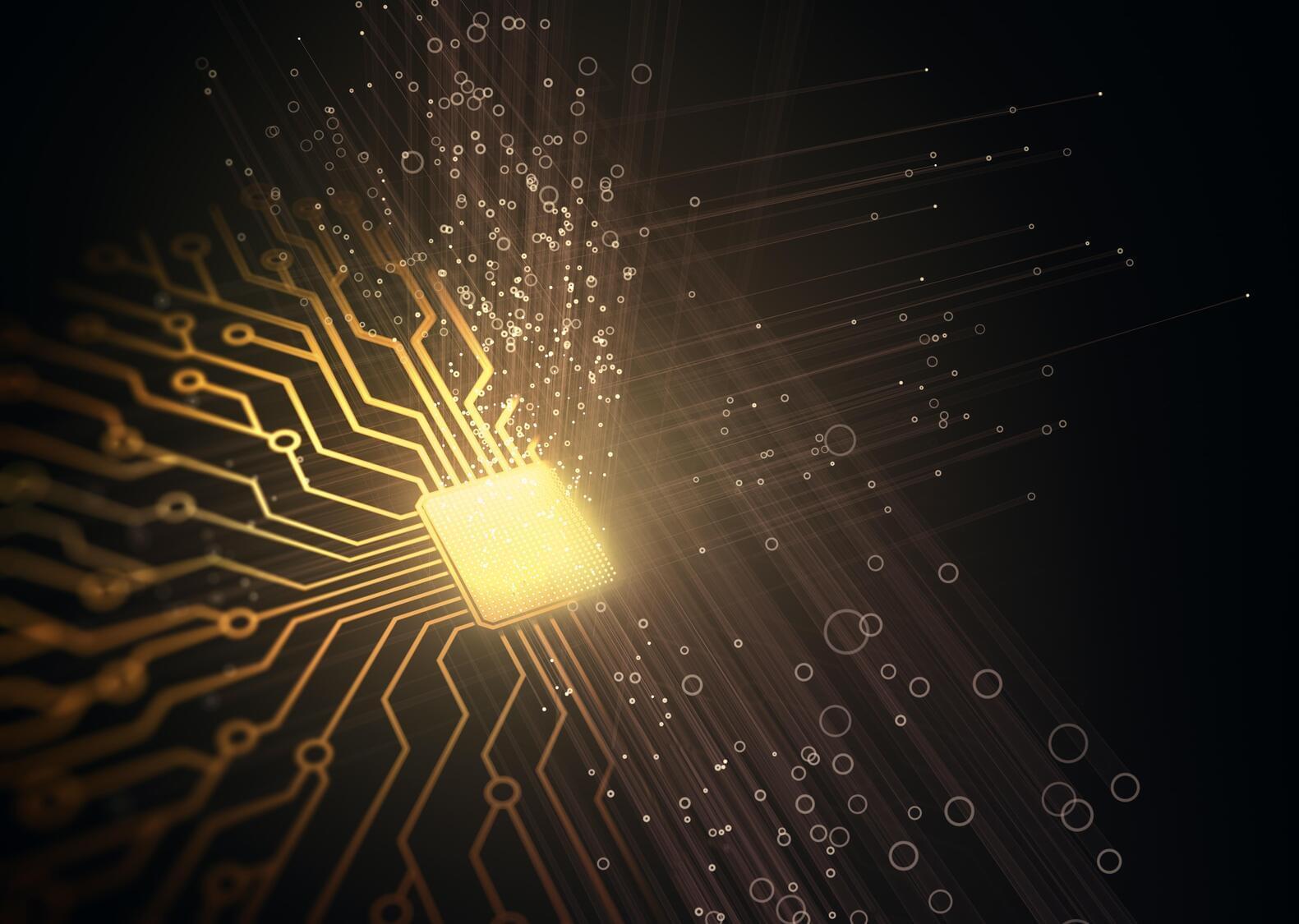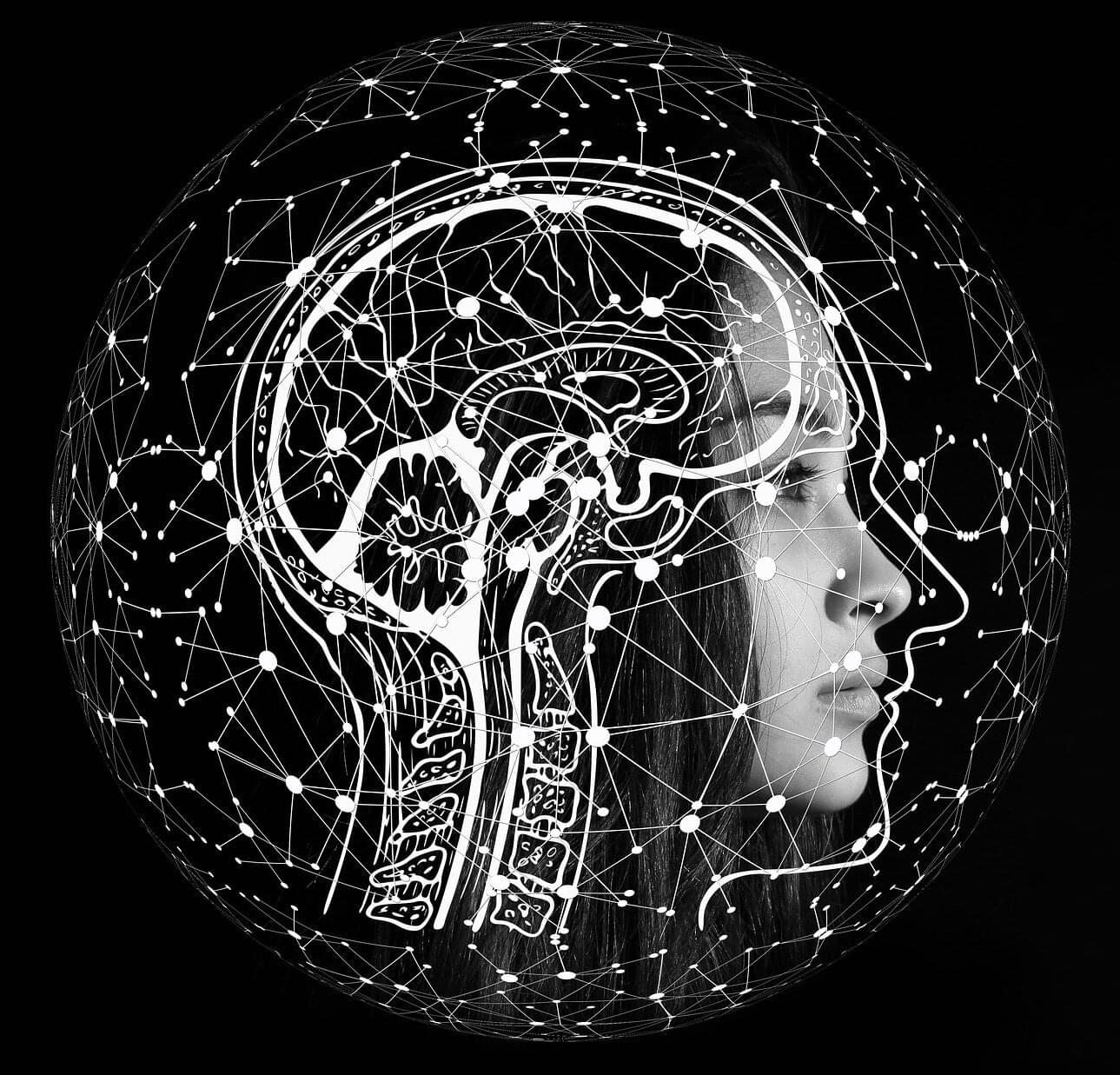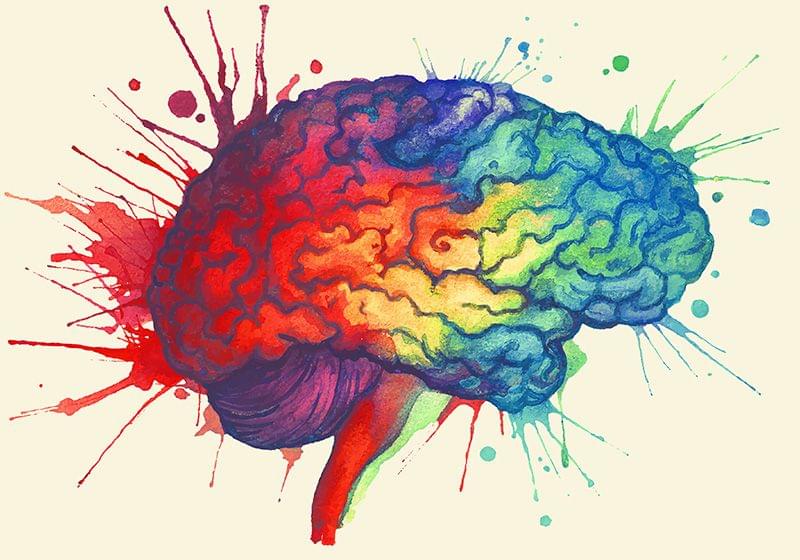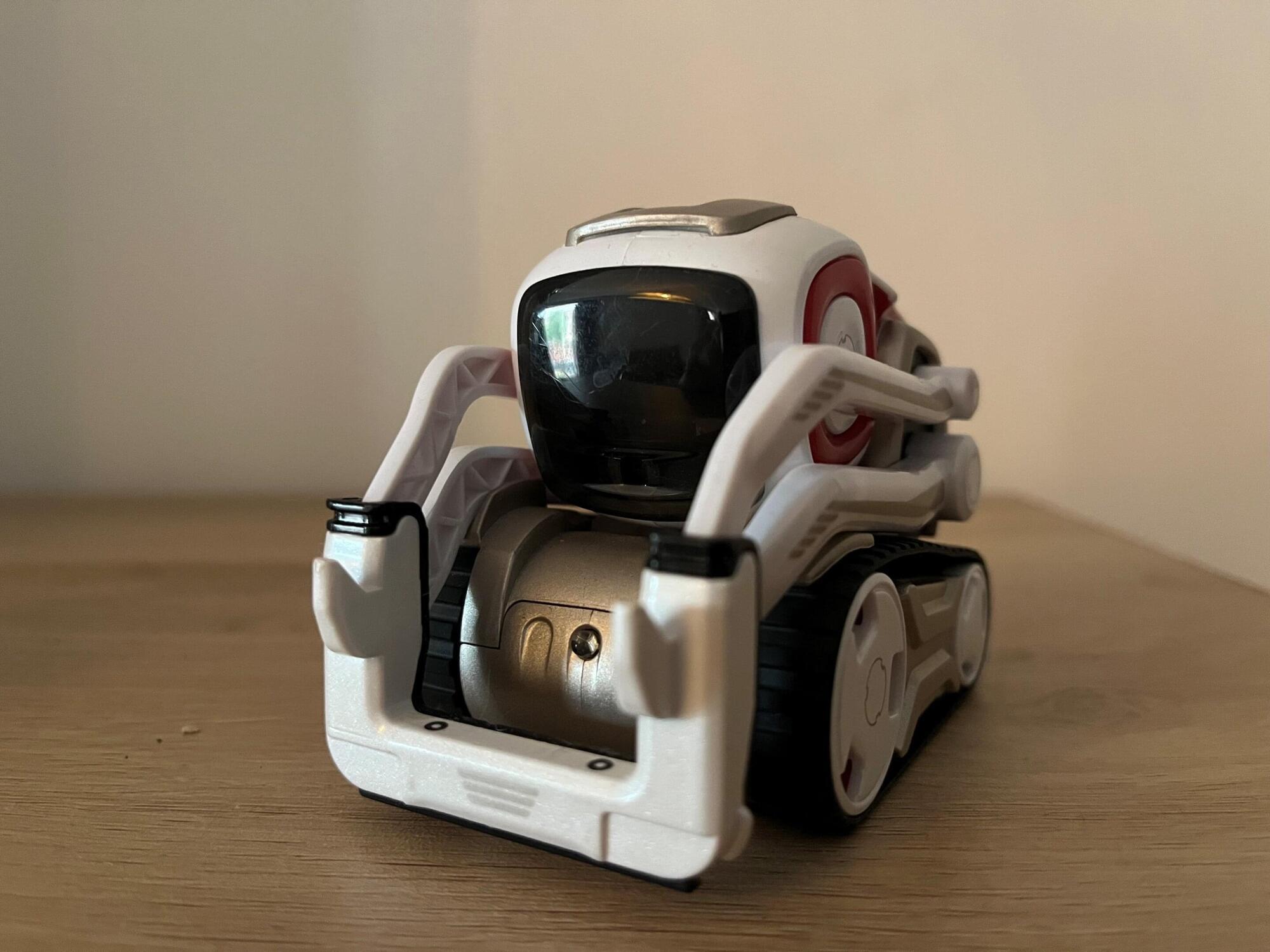Scientists say they’ve cracked a key challenge in scalable quantum hardware after generating an error-correcting, light-based qubit on a chip for the first time.



UCLA researchers have made a significant discovery showing that biological brains and artificial intelligence systems develop remarkably similar neural patterns during social interaction. This first-of-its-kind study reveals that when mice interact socially, specific brain cell types synchronize in “shared neural spaces,” and AI agents develop analogous patterns when engaging in social behaviors.
The study, “Inter-brain neural dynamics in biological and artificial intelligence systems,” appears in the journal Nature.
This new research represents a striking convergence of neuroscience and artificial intelligence, two of today’s most rapidly advancing fields. By directly comparing how biological brains and AI systems process social information, scientists reveal fundamental principles that govern social cognition across different types of intelligent systems.



Check out the free AMD loaner offer. Test the Ryzen PRO laptops yourself and experience the benefits they can bring to your business:
https://tinyurl.com/4zwaxnfm.
Timestamps:
00:00 — New Technology.
10:57 — How It Works & Applications.
15:10 — Challenges.
GIVEAWAY form: https://docs.google.com/forms/d/e/1FA… with me on LinkedIn ➜ / anastasiintech Connect with me on Instagram ➜
/ anastasi.in.tech Subscribe to My Deep In Tech Newsletter ➜ https://anastasiintech.substack.com Support me at Patreon ➜
/ anastasiintech #AMD #RYZENPRO
Connect with me on LinkedIn ➜ / anastasiintech.
Connect with me on Instagram ➜ / anastasi.in.tech.
Support me at Patreon ➜ / anastasiintech.
#AMD #RYZENPRO
Marine scientists have long marveled at how animals like fish and seals swim so efficiently despite having different shapes. Their bodies are optimized for efficient aquatic navigation (or hydrodynamics), so they can exert minimal energy when traveling long distances.
Autonomous vehicles can drift through the ocean in a similar way, collecting data about vast underwater environments. However, the shapes of these gliding machines are less diverse than what we find in marine life—the go-to designs often resemble tubes or torpedoes, since they’re fairly hydrodynamic. Plus, testing new builds requires lots of real-world trial-and-error.
Researchers from MIT’s Computer Science and Artificial Intelligence Laboratory (CSAIL) and the University of Wisconsin-Madison propose that AI could help us explore uncharted glider designs more conveniently. The research is published on the arXiv preprint server.

University of Sydney researchers have harnessed human-made lightning to develop a more efficient method of generating ammonia—one of the world’s most important chemicals. Ammonia is also the main ingredient of fertilizers that account for almost half of all global food production.
The research was published in Angewandte Chemie International edition.
The team have successfully developed a more straightforward method to produce ammonia (NH3) in gas form. Previous efforts by other laboratories produced ammonia in a solution (ammonium, NH4+), which requires more energy and processes to transform it into the final gas product.

The more we interact with robots, the more human we perceive them to become—according to new research from the University of East Anglia, published in the Journal of Experimental Psychology: Human Perception and Performance.
It may sound like a scene from Blade Runner, but psychologists have been investigating exactly what makes robot interactions feel more human.
The paper reveals that playing games with robots to “break the ice” can help bring out their human side.

Scientists are using a new approach to find the mysterious — if it exists — Planet Nine by hunting for its heat signature instead of reflected light. Using data from Japan’s AKARI space telescope, a team of researchers identified two promising candidates using their thermal detection method which is more effective than optical searches alone. But could these distant heat sources finally prove the existence of our Solar System’s most elusive world, or will they turn out to be yet another false alarm in the decades long search?